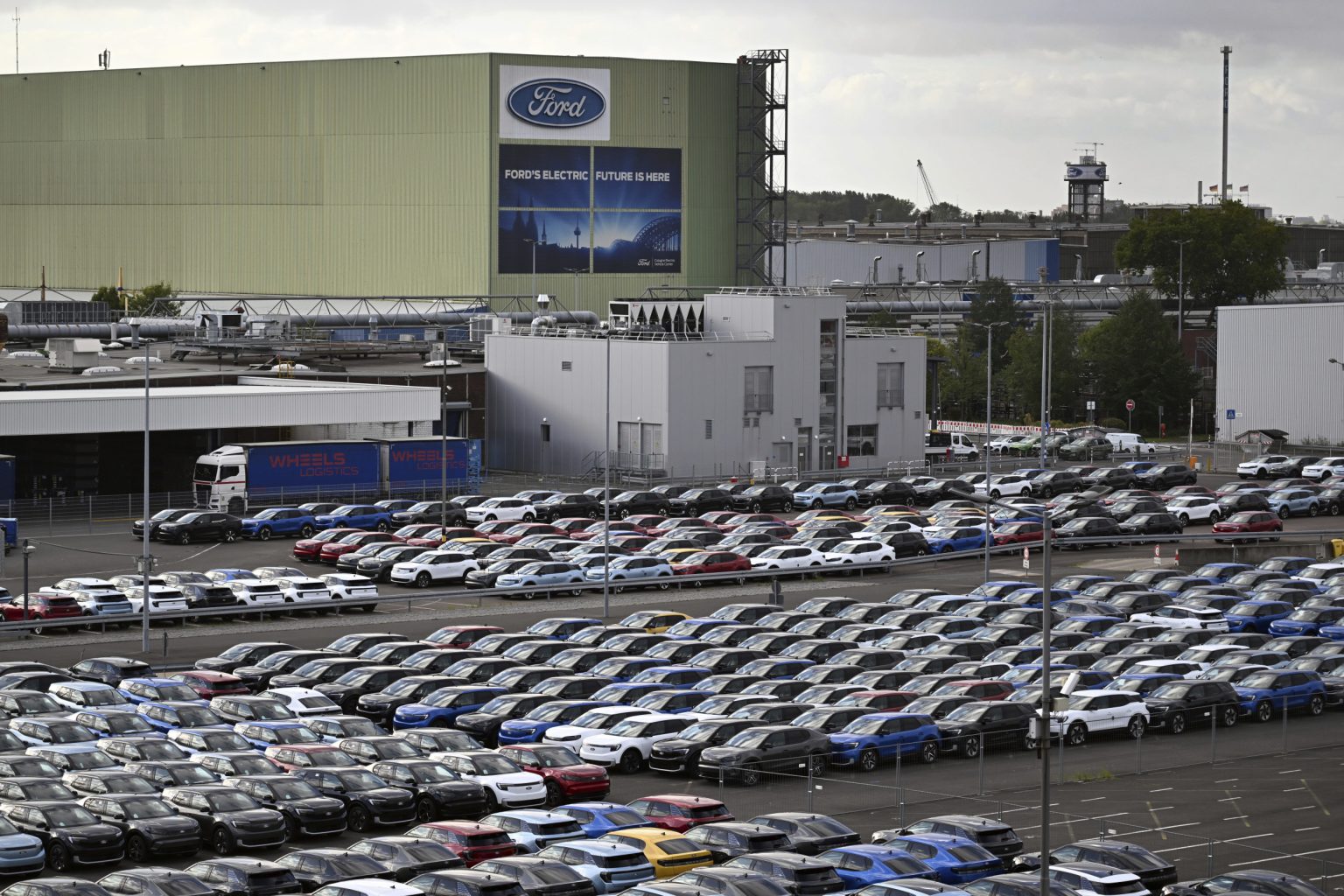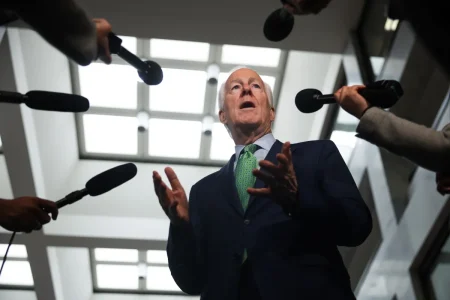Ford’s Strategic Pullback in European EV Market: Job Cuts Signal Industry Challenges
In a significant move reflecting broader challenges in the electric vehicle market, Ford Motor Company announced plans to cut up to 1,000 jobs at its German production facilities. The Michigan-based automotive giant revealed in a Tuesday statement that European demand for electric vehicles has fallen “well below industry forecasts,” necessitating operational adjustments at its Cologne plants. This decision marks another chapter in Ford’s ongoing restructuring efforts across its European operations, highlighting the complex reality facing traditional automakers as they navigate the transition to electric mobility.
The announced workforce reduction will coincide with Ford’s plan to shift its Cologne facilities to “single-shift operation from January 2026.” This operational downscaling represents a sobering assessment of the current European EV market, where consumer adoption has not matched the optimistic projections that drove initial investment decisions. For the workers affected by these cuts, Ford has pledged to offer voluntary redundancy packages, attempting to mitigate the human impact of these business decisions. This approach reflects the company’s effort to balance necessary cost-cutting measures with responsible workforce management during a challenging transition period.
The Cologne decision doesn’t exist in isolation but rather forms part of a broader restructuring strategy Ford has been implementing across its German operations. The company had already announced significant changes at the Cologne factory prior to this latest development, and its plant in Saarlouis is scheduled for complete closure later this year. These moves collectively paint a picture of an established automotive manufacturer recalibrating its European footprint in response to shifting market dynamics and the complex economics of electric vehicle production. The situation highlights the gap between ambitious industry projections and on-the-ground market realities that companies must navigate.
What makes Ford’s decision particularly noteworthy is its timing within the broader context of the automotive industry’s electric transition. Many major manufacturers have committed billions to EV development and production capacity, betting on rapidly accelerating consumer adoption. Ford’s pullback suggests that the path toward widespread electrification may be more protracted and uneven than many industry leaders and analysts anticipated. This reality check extends beyond Ford to the entire automotive sector, where companies must balance environmental commitments, regulatory pressures, and economic sustainability during this transformational period.
The human dimension of this story cannot be overlooked. Behind the corporate announcements and strategy shifts are approximately 1,000 workers and their families facing uncertain futures. While voluntary redundancy packages offer some cushion, the announcement nonetheless represents a significant disruption for those employed at the Cologne facilities. The situation reflects the complex social implications of industrial transformation, where technological and market shifts can have profound impacts on communities built around traditional manufacturing. For decades, Ford’s operations have been integral to Cologne’s economic fabric, making this reduction particularly significant for the local economy.
As this story continues to develop, it raises important questions about the future trajectory of electric vehicle adoption in Europe and globally. While the transition to electric mobility continues to accelerate in many markets, Ford’s decision suggests that the path forward may include more adjustments and recalibrations than initially expected. For industry observers, policymakers, and consumers alike, Ford’s move serves as a reminder that the automotive industry’s transformation involves complex interplays between technological innovation, consumer behavior, economic realities, and workforce considerations. As traditional manufacturers like Ford navigate these challenges, their decisions will continue to shape not just their own futures, but the broader contours of transportation’s evolution in the coming decades.














